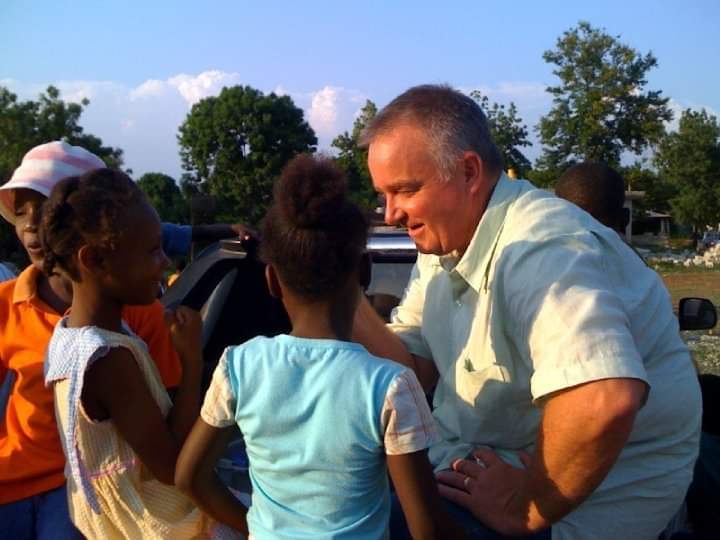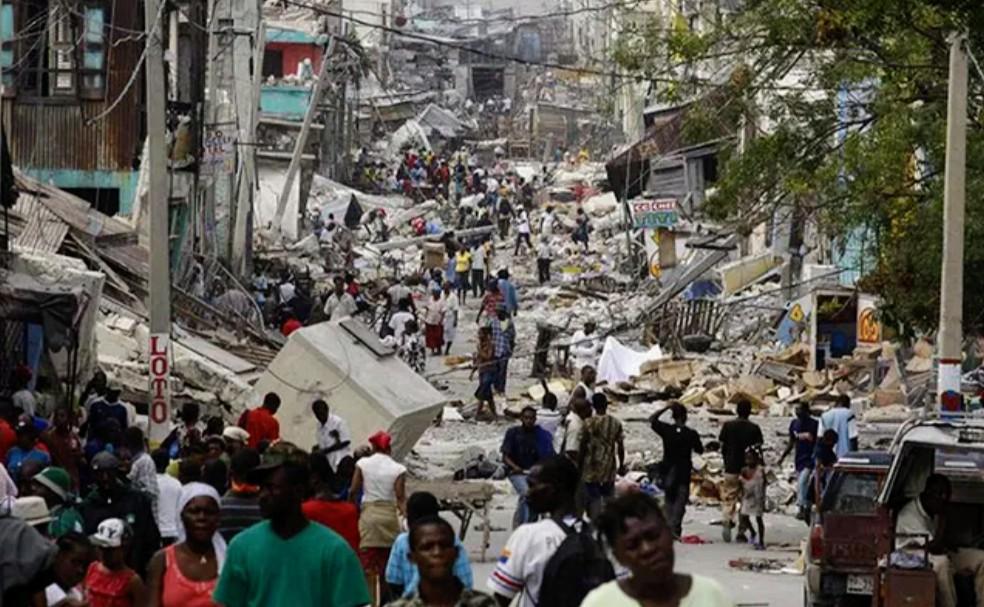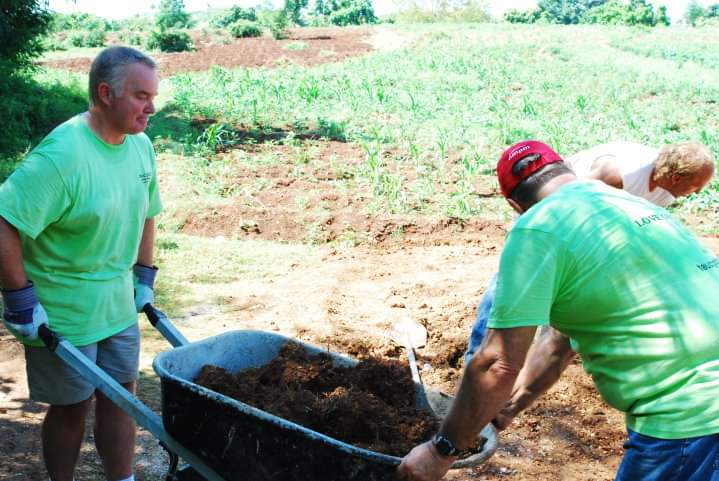It wasn’t the Great Flood of the Bible, but it might have felt something like it if you were a resident of Eastern Kentucky. Governor Beshear called it “one of the worst, most devastating flooding events in Kentucky’s history.” The death toll has reached thirty, including children, and that number is expected to rise as rescue efforts continue. Thousands of homes in the Bluegrass State are still without power, and even more are left without running water. “Boil water advisories” are widespread from Floyd to Pike Counties.
The dangerous waters rose while most people were sleeping. That means that most flood victims awakened to a whole new world of devastation, chaos, and loss. Strangely, all of this torrential rain fell during what has been nothing short of a prolonged season of drought.
God created the universe and what we generally term “the laws of nature,” and the Lord Jesus Christ holds all of it – the entire world – together (Colossians 1:16-17). Sometimes what we call “natural disasters” are used by God as judgment against sin or for other holy purposes (e.g., Numbers 16:28-35, Deuteronomy 11:13-17, and James 5:17-18), but you and I must be extremely careful not to presume to know the specific intentions of God in moments like these. Let’s face it, friends, we’re in way over our heads when we start trying to explain Asian tsunamis which kill nearly a quarter million people. But I do think it’s safe to say that most natural disasters are simply evidence of the fallenness of Planet Earth (Romans 8:20-22). As I said in my sermon a couple of weeks ago: “We long for heaven, where everything is perfect, but we’re here on earth – where nothing is.”
Dr. Erwin Lutzer calls natural disasters “a megaphone from God.” I think he’s right on. You and I need constant reminders of the brevity and uncertainty of this life. Without those reminders, it takes us about five minutes to get all proud and self-sufficient. We are bent toward the humanistic. We are attracted to the most unreliable idols of protection and safety. We seem to be perpetual inventors of shortsighted values and selfish living. Earthquakes and famines and raging fires remind us of our need to trust God for all of the things that we can’t possibly control. You’d think we’d have that lesson under our belt by now, but we don’t. We simply don’t. You and I need wake-up calls.
In 2010 I flew to Haiti after the earthquake which killed nearly 300,000 people (not even the U.N. is certain of the exact number of fatalities). Landing at Port-au-Prince was an experience I’ll never forget. The utter desperation was eerily evident the moment we touched down. Making sense of the chaos was impossible – in fact it wasn’t even our goal. We were there to love and to bless … to work and to serve … to pray and to worship. For we realized in an instant that the God who shakes the earth is Haiti’s only hope! And He is ours as well. We have no other.
Regrettably, the fear of God has fallen on hard times in our day and in our land. Perhaps you and I can recover the truth: our God should be regarded with a sense of awe and respect unlike that we owe anyone else. When it comes to our worship of God, and even our thoughts of God, there is no room for flippancy. If I understand it at all, the fear of God is a mixture of profound admiration and intense love. He is our Lord and Master, and He is our Abba, Father! Sometimes it takes a tornado to sober us into the reality surrounding who God really is.
So, instead of lecturing the suffering with pointed fingers, we ought to love them with open arms. This is the posture of Jesus. I would submit that we can’t properly fear until we properly love – and I think that works the other way around as well.
The song was never immensely popular, but I remember well when Steven Curtis Chapman released it in 1988:
The skeptics are watching to see who will fall,
While those disillusioned search for the Truth in it all;
Maybe today we’ll cross their paths unaware,
And they’ll stop and look at us. What will be there?
Can he see God for who He really is
In what he sees in you and me.
Can he see God for who He really is,
For who He really is is all he really needs to see.
And, long before that, William Cowper penned these famous words in 1774: “God moves in a mysterious way, His wonders to perform; He plants His footsteps in the sea and rides upon the storm.”
While flags fly at half-staff in Kentucky, we ought to thank our Sovereign God that the day is coming when the brokenness of this creation will be liberated from the curse and free at last!
Pastor Charles




Leave a Reply